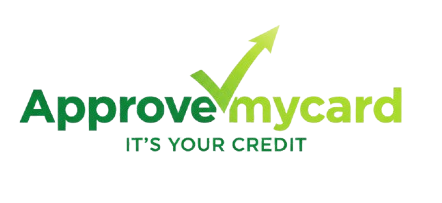7 Steps to Get Your First Credit Card & Build Good Credit
Getting your first credit card should not be complicated. The key is to start small, stay consistent, and use the card wisely so you begin building a strong credit history from day one.
Check your eligibility
Look at basic requirements like age, income, and employment status.
Compare beginner-friendly cards
Look for low fees, simple rewards, and easy approval.
Apply with accurate details
Make sure your income and information match your official records.
Start with a low credit limit
It’s easier to manage and boosts approval chances.
Use your card for small, regular expenses
Mobile bills, groceries, or fuel.
Pay your bills on time, every time
Even one missed payment can affect your score.
Keep your credit utilization low
Aim to use only 20–30% of your limit.
What Is a ‘Good’ Credit Score in 2025?
Benchmark Ranges & How to Improve Yours -
and use the card wisely so you begin building a strong credit history from day one.
300–579
Poor — high risk for lenders
580–669
Fair — limited approval chances
670–739
Good — generally approved with decent rates
740–799
Very Good — strong approval chances
800–900
Excellent — best offers and lowest interest rates
If you are aiming for a good or excellent score, consistency matters more than anything else. Start by paying every bill on time. Even one missed EMI can drag your score down. Keep your credit utilization within 20–30% of your limit. Too much spending signals risk. Check your report regularly for errors and raise disputes if something looks off.
5 Smart Ways to Use a Credit Card Without Getting into Debt
Credit cards are incredibly useful, but only if used wisely. A few simple habits can help you enjoy all the benefits, like rewards, convenience, and cashback, without falling into debt.
Pay your full balance every month:
This is the number one rule. Paying only the minimum keeps you in a cycle of interest. Paying in full keeps your credit clean.
Don’t overspend:
Treat your credit limit as a safety net, not extra income. Spend only what you can comfortably repay.
Keep utilization low:
Try not to cross 20–30% of your limit. High usage can affect your credit score and make lenders think you’re dependent on credit.
Avoid cash withdrawals:
Cash advances attract high fees and interest from day one. Stick to regular card swipes or online transactions.
Track your expenses:
Use your bank app or alerts to monitor your spending so nothing surprises you at the end of the month.
At approvemycard.com, your privacy is our priority. The information you submit is used only to assist you with your request. We do not sell, rent, or share your personal details with any third party.
